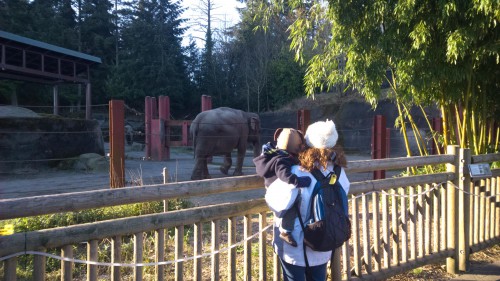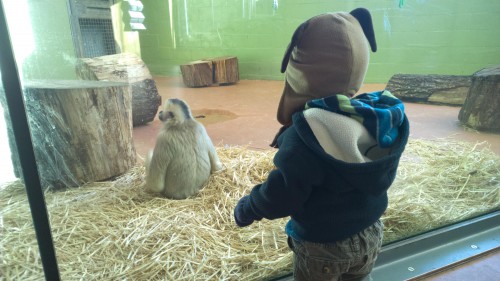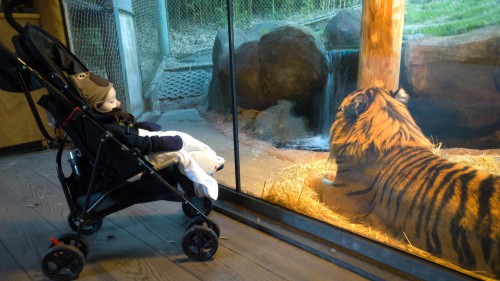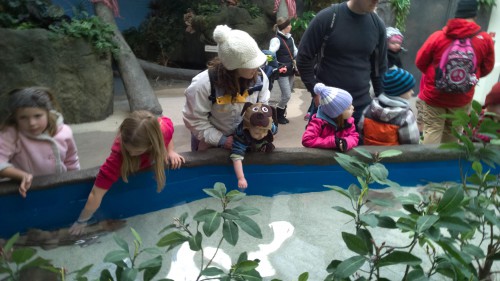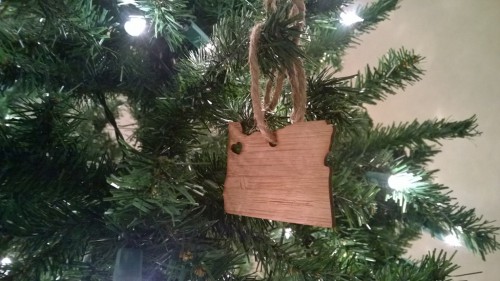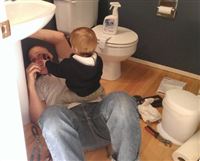 Thanksgiving seems like a good time to give an update on our Little Man who isn’t so little anymore. Elijah is now 17 months old. When he’s awake, he’s jabbering almost non-stop. We can’t understand 99% of what he’s saying but that doesn’t deter him. We can pick out a few words like woof, car, quack, daddy, etc. His best one is probably “thank you.” He’s really gotten the hang of this and even says it at the appropriate times. For example, if you take him to the grocery store, he says thank you every time the bagger puts a bag in our cart.
Thanksgiving seems like a good time to give an update on our Little Man who isn’t so little anymore. Elijah is now 17 months old. When he’s awake, he’s jabbering almost non-stop. We can’t understand 99% of what he’s saying but that doesn’t deter him. We can pick out a few words like woof, car, quack, daddy, etc. His best one is probably “thank you.” He’s really gotten the hang of this and even says it at the appropriate times. For example, if you take him to the grocery store, he says thank you every time the bagger puts a bag in our cart.
He walks quite fast now and can almost keep up a normal/slow adult pace for brief periods. He stops not because he gets tired, but because there are so many interesting things to see. Every plane that crossed the sky requires him to stop and point. We live in the normal landing pattern for SeaTac so this happens every few minutes.
He still hasn’t slept through the night and only has slept for more than 4 hours straight a couple times in his life. We go through periods where he wakes up between 5 and 5:30. Nighttime has probably been the toughest part of being a parent for me. I’m awesome at sleeping so I don’t know who he inherited this from.
Coming home is a treat for me as Elijah now recognizes the sound of the garage door and usually comes running to the door to great me with a big smile! I love you, Little Man! And I love you too, Tyla. We’re raising an awesome kid!


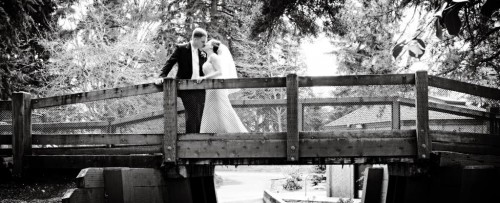
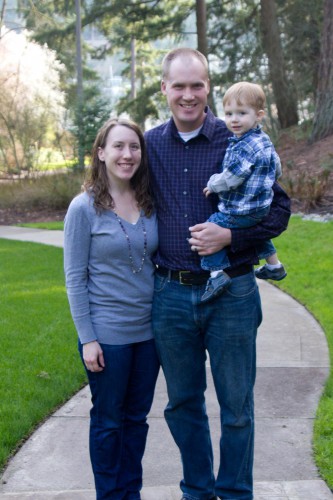
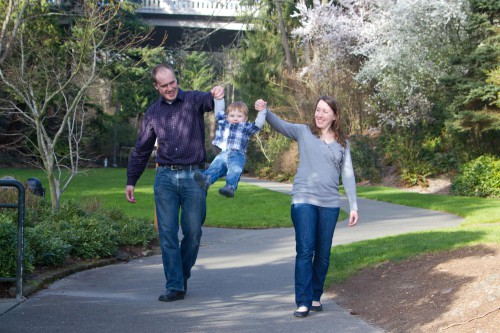
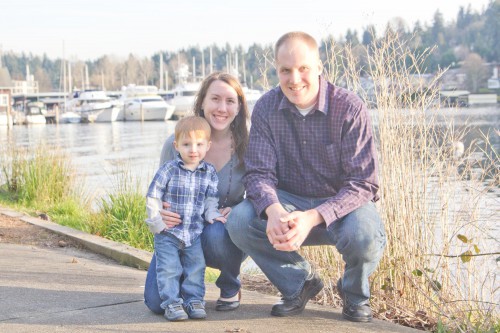

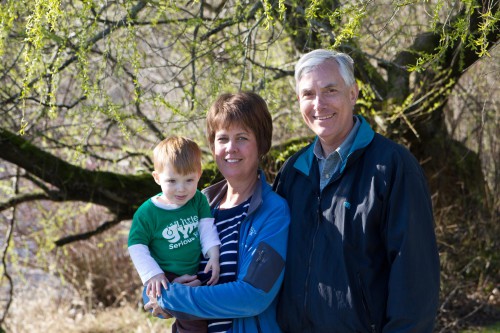
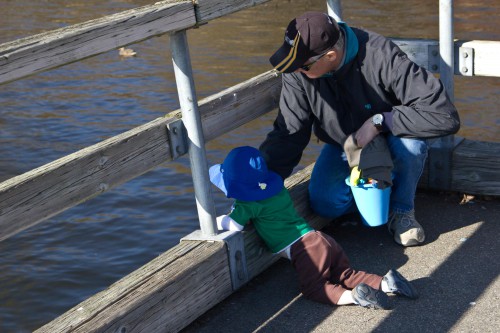
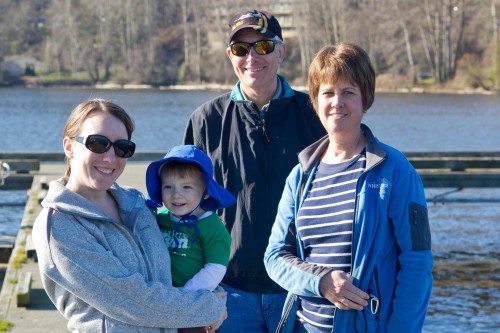

 Elijah loves music. He especially likes to listen to it in the car and when each song ends, he immediately makes the sign for “more.” Finding kids music that doesn’t make my head explode is a challenge, but we’ve locked onto a couple good singers so far.
Elijah loves music. He especially likes to listen to it in the car and when each song ends, he immediately makes the sign for “more.” Finding kids music that doesn’t make my head explode is a challenge, but we’ve locked onto a couple good singers so far.